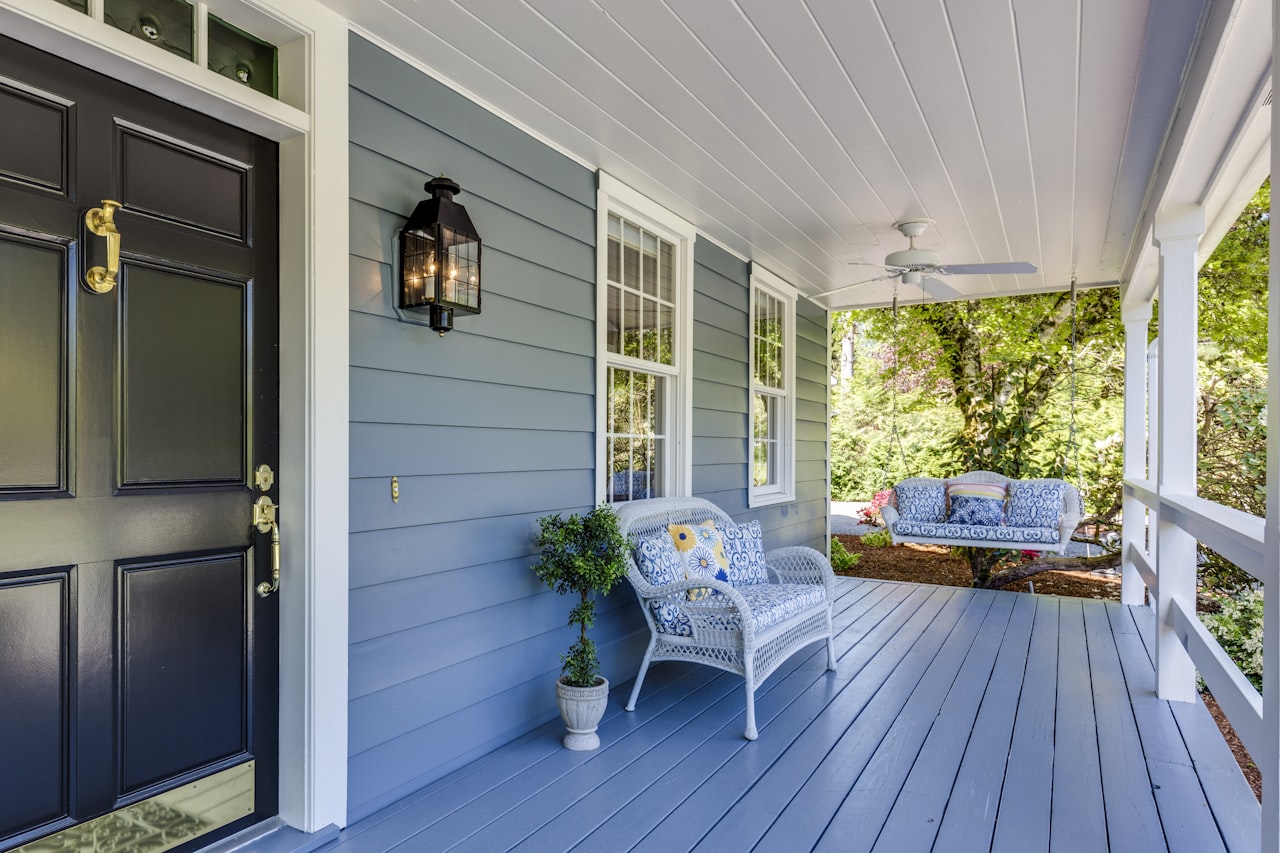The counterculture movement of the 1960s, often associated with the term "hippies," may have held a kernel of wisdom in their embrace of communal living. While the idea of communes occasionally suffered from negative connotations due to links with unconventional lifestyles and cults, it's intriguing to note that the essence of communal living and ownership has experienced a resurgence in contemporary times. This renewed interest is a response to the challenging landscape of today's real estate market marked by escalating prices and limited housing availability.
The path to homeownership has taken an interesting twist with the rise of co-ownership arrangements. More and more friends are teaming up to invest in real estate together, redefining the way they enter the housing market. In this article, we'll delve into the pros and cons of this approach, why it's gaining popularity, and the essential steps to consider if you're thinking of buying a home with friends.
The Pros and Cons of Co-Ownership: Sharing the Journey
Before you decide to embark on a co-ownership arrangement, it's essential to weigh the advantages and disadvantages carefully to help you make an informed decision.
Pros of Buying a Home with Friends
- Increased Buying Power: Pooling resources with friends expands your purchasing capacity, allowing you to target larger or more desirable properties.
- Shared Costs: Splitting expenses such as the down payment, mortgage, utilities, and maintenance can make homeownership more affordable.
- Networking Opportunities: Investing in real estate together strengthens your connections and opens doors to potential future ventures.
- Joint Decision-Making: Collaborative decision-making empowers you to choose a property that suits everyone's preferences and needs.
Cons of Buying a Home with Friends
- Financial Risks: If one co-owner faces financial hardship, it could impact the entire group's financial stability.
- Relationship Strain: Disagreements over property management, renovations, or other matters can strain friendships.
- Exiting the Arrangement: Selling your share might require agreement from other co-owners, potentially limiting your ability to liquidate your investment quickly.
Why Friends Choose Co-Ownership Today
In today's competitive market, co-ownership offers a pathway to homeownership that might not be feasible individually. The combination of rising prices and tighter lending standards has motivated friends to combine resources and share the responsibilities of homeownership.
Key Considerations in Co-Ownership
- Questions for a Lender:
- Can co-borrowers with differing credit scores and financial backgrounds secure a mortgage?
- What's the minimum down payment requirement for co-ownership?
- Financing Considerations:
- Discuss how you'll handle mortgage payments, repairs, and unexpected expenses.
- Create a financial plan that outlines everyone's contributions and obligations.
- Ways to Hold Title:
- Joint Tenancy: Equal ownership, with rights of survivorship.
- Tenancy in Common: Unequal ownership, with shares defined.
- CPA Consultation:
- Address potential tax implications of co-ownership.
- Understand how property taxes, deductions, and capital gains may be divided.
- Legal Agreement:
- Work with an attorney to draft a co-ownership agreement.
- Outline ownership shares, responsibilities, exit strategies, and dispute resolution.
Next Steps: Turning Dreams into Reality
If you're intrigued by the idea of buying a home with friends, the key to success lies in open communication, careful planning, and legal protection. Take the time to understand each other's goals, expectations, and financial situations. Once you're aligned, consult professionals who specialize in real estate law, financing, and tax matters to ensure a smooth journey.
Ready to embark on this unique homeownership adventure? I'm here to guide you every step of the way. Contact me to explore the possibilities of buying a home with friends and turn your collective vision into a shared reality.





































































































